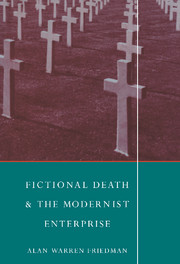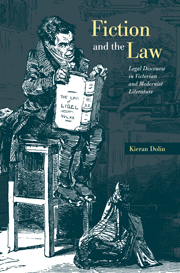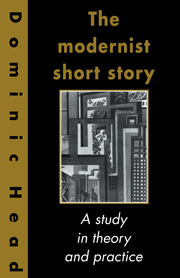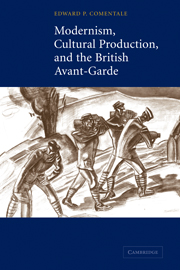Fictional Death and the Modernist Enterprise
Cultures reveal themselves in how they react to death: how they ritualize it, tell its story, heal themselves. Before the modern period, death and dying seemed definitive, public and appropriate. The industrial revolution, the Great War and the radical re-envisioning of inner and outer reality after Marx, Darwin, Nietzsche, Einstein, van Gennep and Freud destabilized cultural norms and transformed the protocols of death and dying. In Fictional Death and the Modernist Enterprise, first published in 1995, Alan Friedman traces the semiotics of death and dying in twentieth-century fiction, history and culture. He describes how modernist writers either, like Forster and Woolf, elided rituals of dying and death; or, rediscovering the body as Lawrence and Hemingway did, transformed Victorian 'aesthetic death' into modern 'dirty death'. And he goes on to show how, through postmodern fiction and AIDS narratives, death has once again become cultural currency.
- First book to treat death as central to modernist culture and literature in a way different from the past
- Relates fiction, history and culture in analysis of modern attitudes to death
- Latest work by eminent critic of modernism and postmodernism
Reviews & endorsements
"...an ambititous, intelligent work with a far broader scope than its title suggests. Drawing upon an array of canonical works throughout Western literature as well as a trove of extra-literary materials, Friedman provides a rich and informative context for evaluating the treatement of death, or the absence of treatment, in modernist literature." English Literature in Transition 1880-1920
Product details
February 1995Hardback
9780521442619
354 pages
235 × 157 × 23 mm
0.762kg
9 b/w illus.
Available
Table of Contents
- List of illustrations
- Acknowledgements
- Introduction
- 1. Fictional death and the modernist enterprise
- 2. Climactic death
- 3. The ars moriendi
- 4. Dying in bed
- 5. Artifices of mortality
- 6. Funerals and stories
- 7. Life after life
- 8. Survivors of apocalypse
- 9. E. M. Forster
- 10. Virginia Woolf
- 11. Late modernism: Graham Greene
- 12. Late modernism: Lawrence Durrell
- 13. Postmodernism: history, chaos and death
- Notes
- Bibliography
- Index.






